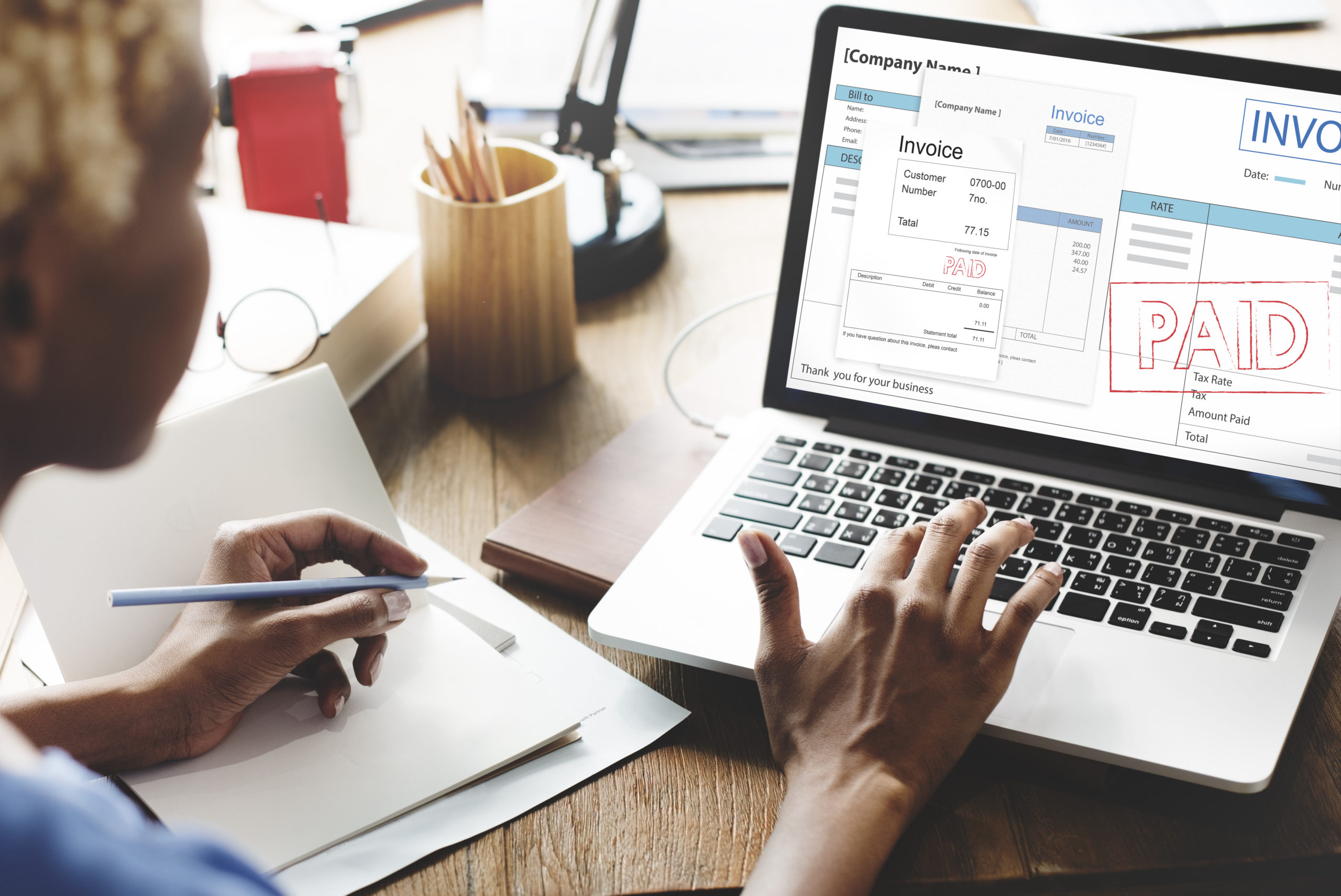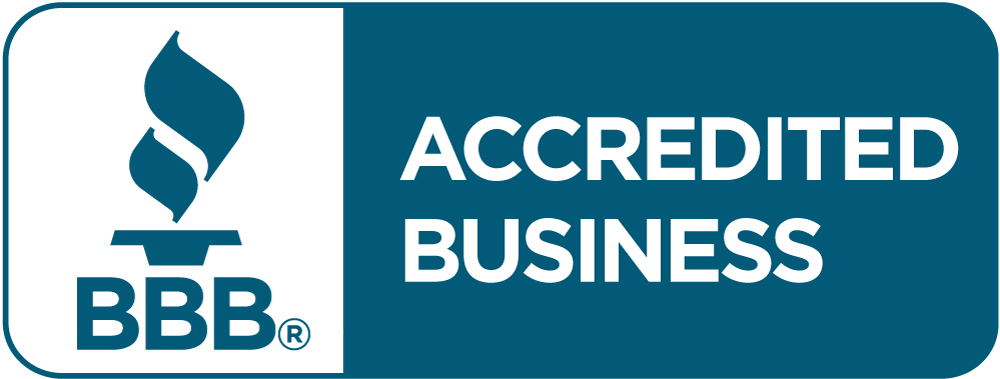Quick Links
ToggleSetting up an invoicing system for your small business might not sound like a fun task. However, it’s certainly one of the most important if you wish to thrive. After all, good invoice practices encourage consistent cash flow, saving you a lot of stress down the line.
Small business invoicing doesn’t have to be tricky. Through implementing a strategy for creating, sending, and keeping track of your invoices, you’re sure to stay ahead of the game. Here are our top 5 invoicing best practices to start you off on the right track.
1. Know the Contract Requirements
Many small business owners underestimate the importance of making a detailed contract of work. However, contracts go hand-in-hand with invoicing, as they act as the legally binding agreement that states a client will pay you for your services. Therefore, if any problems arise, the client is still held liable for that payment and you’re not at a loss.
When setting out your contract requirements, you should be as detailed as possible. Be sure to include specific payment terms, including who will pay who and when, as well as how they will pay and any other relevant conditions. Additional details such as the scope of work being provided, as well as how a breach of contract will be handled, are also vital.
2. Include the Essentials
Speaking of details, there are also several other important elements that should be included on your invoices, along with the payment terms and conditions. Known as invoicing essentials, these include:
- Invoice date
- Invoice number
- Your business details, including name, address, and identification number
- Your contact information
- Billing period
- Payment due date
- Your bank details
- Client’s name and address
- Sales tax, if necessary
- Purchase order details
- Client reference number, if applicable
3. Send Out Invoices in a Timely Manner
When a small business sends out their invoices in a timely manner, it shows that they’re on top of their invoice management, which is an essential financial skill. Additionally, timely invoice distribution strongly encourages timely payments from clients. Ensure your invoices are being sent as soon as the work is completed and that you’re being clear about when payment is due, along with any associated late fees.
Understandably, it can be hard to keep on top of all of your invoices, along with who has paid and who hasn’t. Therefore, setting up invoicing automation is recommended to ease the burden.
Stripe, MYOB, and Xero are three of the most popular invoicing software for small business owners. Services such as these can send automatic follow-ups to clients to ensure timely invoice payment.
4. Offer Multiple Payment Options
As a small business, you no doubt have a preferred method of payment. By providing clients with numerous ways to pay their invoice, however, you free up any potential delays they may have. Additionally, they’re sure to appreciate how easy the payment process is from their end.
Common payment methods include credit or debit cards, as well as cash and direct deposits. Try not to rule out other methods, however, such as money orders or checks.
5. Follow-up at the Right Time
We briefly discussed how an invoicing system for your small business can automate the follow-up process. However, for those who prefer manual invoice methods, it’s vital that you not only follow up on unpaid invoices but also that you do so at the optimal time.
You should certainly chase up invoices past their due date, but don’t forget to also reach out to your clients shortly before the invoice is due. Touching base with a friendly reminder a few days before the due date can refresh a busy client’s memory and assist them in paying on time.
Are Late Payments Affecting Your Bottom Line?
Following these invoicing best practices can make life a lot easier for your small business by ensuring you get paid on time and maintain a healthy cash flow. If you find yourself putting these practices in place, yet still facing the cash crunch due to late invoice payments, then help is at hand.
A business loan or merchant cash advance can continue to provide small businesses with the working capital they need to survive.
Contact us at (714) 500-6622 to learn more about your options. You could qualify for up to $250,000 in just 24 hours.










